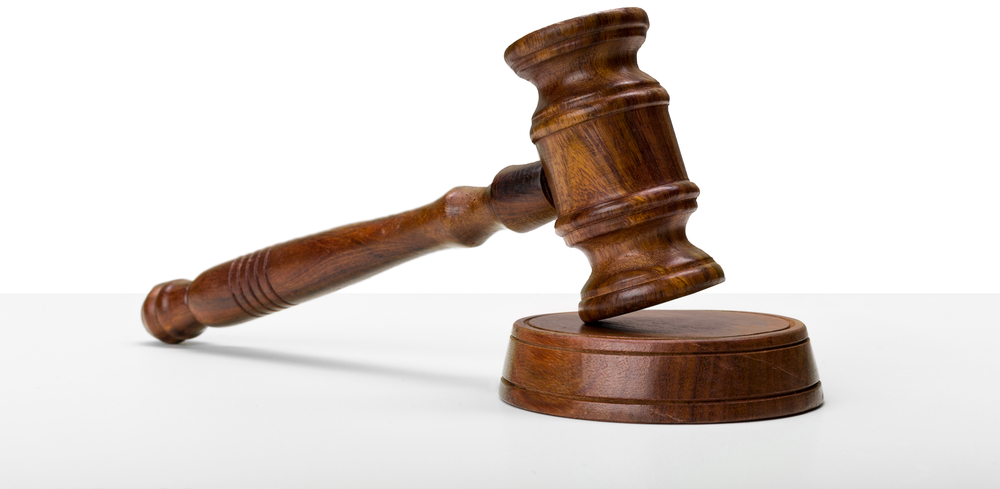BigLaw firm gets benchslapped for downplaying university deception in appellate brief's facts section

Gibson, Dunn & Crutcher went too far when it used the facts section of an appellate brief to present “a one-sided narrative” that downplayed adverse findings against its client, according to an appeals court. (Image from Shutterstock)
Gibson, Dunn & Crutcher went too far when it used the facts section of an appellate brief to present “a one-sided narrative" that downplayed adverse findings against its client, according to an appeals court.
The California Court of Appeal’s Fourth Appellate District criticized Gibson Dunn in an opinion that reduced a $22.3 million award against Zovio Inc. and Ashford University, an online school that is owned by Zovio. Gibson Dunn represented the defendants.
Original Jurisdiction noted the unpublished Feb. 20 decision.
“One common practice pointer for brief writing is not to forfeit the opportunity to use the facts section as a vehicle for subtle advocacy. But don’t go too far, lest you get benchslapped,” wrote Original Jurisdiction author David Lat in his Judicial Notice newsletter.
Zovio and Ashford University were found liable for making false and misleading statements to prospective students in violation of California’s unfair competition and false advertising laws. The appeals court reduced the award by $933,453 because the civil penalty was partly based on false advertising violations that fell outside the statute of limitations.
The appeals court’s criticism of Gibson Dunn begins at page 15.
Gibson Dunn’s factual recitation “highlights favorable testimony while ignoring or downplaying the trial court’s adverse factual findings,” the appeals court complained.
The appeals court included some examples. The brief said Ashford University sought to be a “place of opportunity” for disadvantaged students while “downplaying that the court found Ashford deceived those same students,” the appeals court said.
The brief also emphasized executives’ testimony that the role of admissions counselors was to help and educate, “ignoring that the court found defendants’ admissions counselors were sales people who were pressured to persuade prospective students to enroll,” according to the appeals court.
The appeals court noted the advice in a leading practice guide, which says the appellant’s brief “should accurately and fairly state the critical facts (including the evidence), free of bias, and likewise as to the applicable law.”
“We disapprove of the distorted narrative defendants have presented here,” the appeals court said. “And while defendants deny that they have raised a sufficiency of the evidence challenge to the trial court’s factual findings, we observe that any such challenge has also been forfeited due to their briefing violation.”
The appeals court also said the brief is “peppered with factual statements” that have no citation to the supporting record. And the brief intends to convey that Zovio suffered financial ruin after the judgment, but the assertion is based on outside materials, the appeals court said.
The appeals court said it was ignoring “unsourced factual assertions” and “citations to materials published on the internet as well as the facts they purportedly contain.”
Gibson Dunn did not immediately respond to the ABA Journal’s email request for comment.
Write a letter to the editor, share a story tip or update, or report an error.



